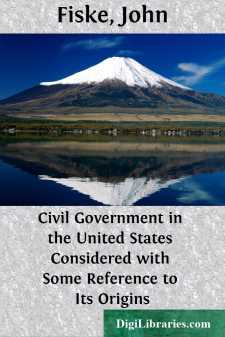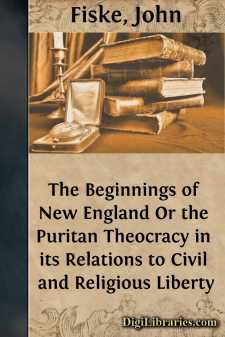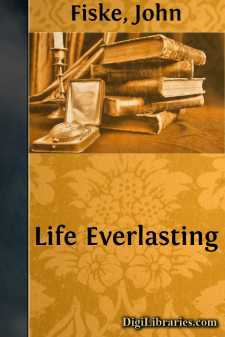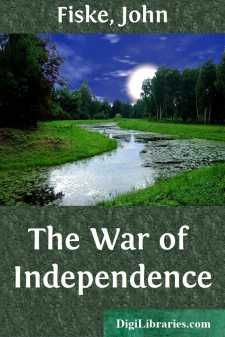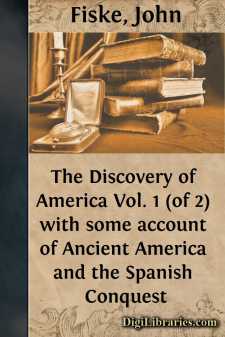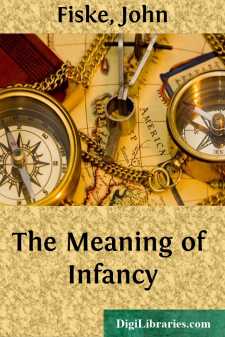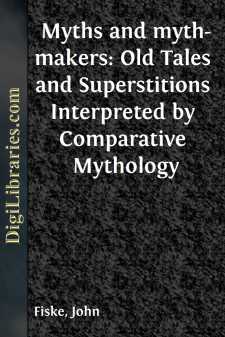Categories
- Antiques & Collectibles 13
- Architecture 36
- Art 48
- Bibles 22
- Biography & Autobiography 813
- Body, Mind & Spirit 142
- Business & Economics 28
- Children's Books 15
- Children's Fiction 12
- Computers 4
- Cooking 94
- Crafts & Hobbies 4
- Drama 346
- Education 46
- Family & Relationships 57
- Fiction 11828
- Games 19
- Gardening 17
- Health & Fitness 34
- History 1377
- House & Home 1
- Humor 147
- Juvenile Fiction 1873
- Juvenile Nonfiction 202
- Language Arts & Disciplines 88
- Law 16
- Literary Collections 686
- Literary Criticism 179
- Mathematics 13
- Medical 41
- Music 40
- Nature 179
- Non-Classifiable 1768
- Performing Arts 7
- Periodicals 1453
- Philosophy 64
- Photography 2
- Poetry 896
- Political Science 203
- Psychology 42
- Reference 154
- Religion 513
- Science 126
- Self-Help 84
- Social Science 81
- Sports & Recreation 34
- Study Aids 3
- Technology & Engineering 59
- Transportation 23
- Travel 463
- True Crime 29
Civil Government in the United States Considered with Some Reference to Its Origins
by: John Fiske
Description:
Excerpt
CHAPTER I.
TAXATION AND GOVERNMENT.
In that strangely beautiful story, "The Cloister and the Hearth," in which Charles Reade has drawn such a vivid picture of human life at the close of the Middle Ages, there is a good description of the siege of a revolted town by the army of the Duke of Burgundy. Arrows whiz, catapults hurl their ponderous stones, wooden towers are built, secret mines are exploded. The sturdy citizens, led by a tall knight who seems to bear a charmed life, baffle every device of the besiegers. At length the citizens capture the brother of the duke's general, and the besiegers capture the tall knight, who turns out to be no knight after all, but just a plebeian hosier. The duke's general is on the point of ordering the tradesman who has made so much trouble to be shot, but the latter still remains master of the situation; for, as he dryly observes, if any harm comes to him, the enraged citizens will hang the general's brother. Some parley ensues, in which the shrewd hosier promises for the townsfolk to set free their prisoner and pay a round sum of money if the besieging army will depart and leave them in peace. The offer is accepted, and so the matter is amicably settled. As the worthy citizen is about to take his leave, the general ventures a word of inquiry as to the cause of the town's revolt. "What, then, is your grievance, my good friend?" Our hosier knight, though deft with needle and keen with lance, has a stammering tongue. He answers: "Tuta—tuta—tuta—tuta—too much taxes!"
[Sidenote: "Too much taxes."] "Too much taxes:" those three little words furnish us with a clue wherewith to understand and explain a great deal of history. A great many sieges of towns, so horrid to have endured though so picturesque to read about, hundreds of weary marches and deadly battles, thousands of romantic plots that have led their inventors to the scaffold, have owed their origin to questions of taxation. The issue between the ducal commander and the warlike tradesman has been tried over and over again in every country and in every age, and not always has the oppressor been so speedily thwarted and got rid of. The questions as to how much the taxes shall be, and who is to decide how much they shall be, are always and in every stage of society questions of most fundamental importance. And ever since men began to make history, a very large part of what they have done, in the way of making history, has been the attempt to settle these questions, whether by discussion or by blows, whether in council chambers or on the battlefield. The French Revolution of 1789, the most terrible political convulsion of modern times, was caused chiefly by "too much taxes," and by the fact that the people who paid the taxes were not the people who decided what the taxes were to be. Our own Revolution, which made the United States a nation independent of Great Britain, was brought on by the disputed question as to who was to decide what taxes American citizens must pay....


